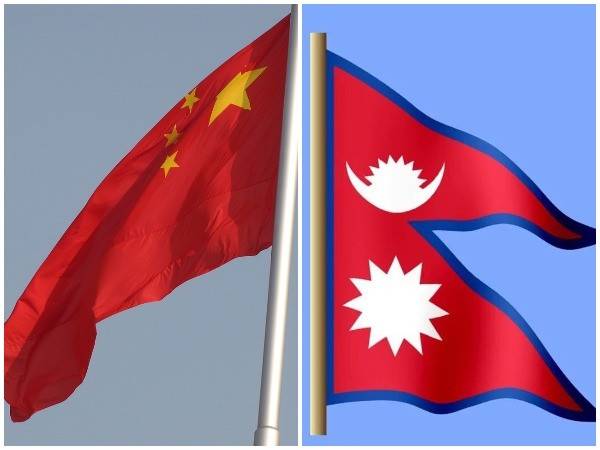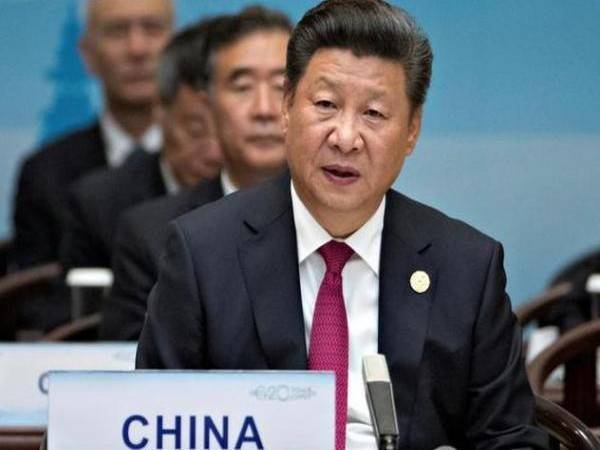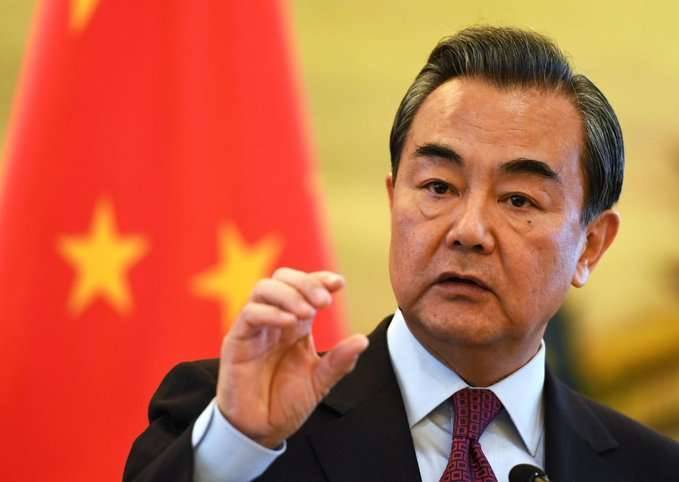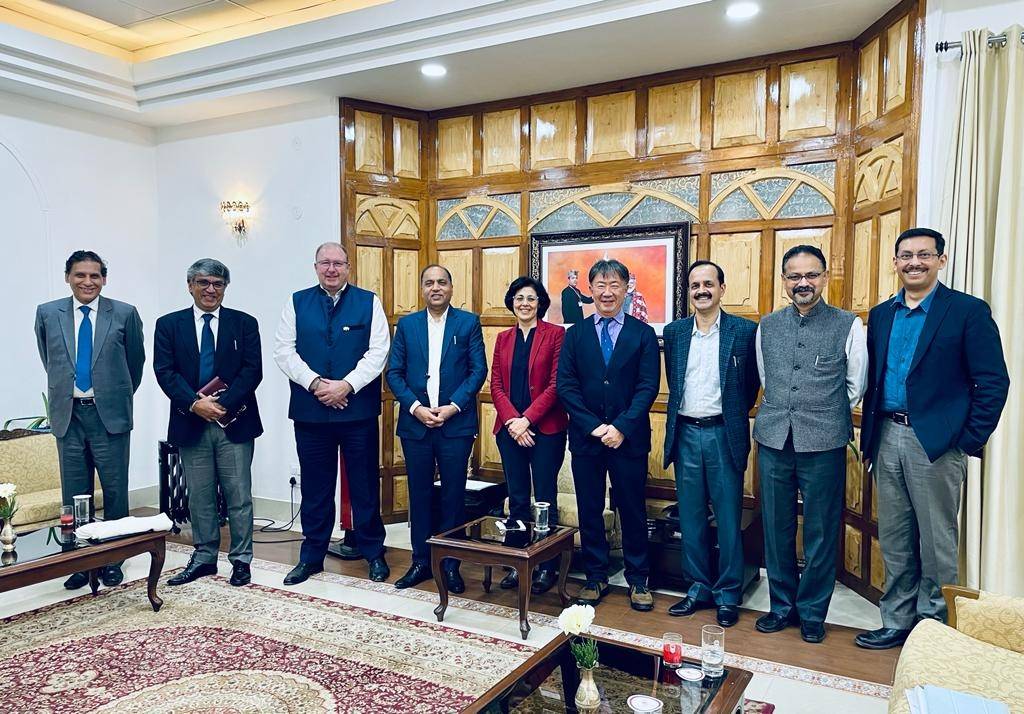Nepal signed the BRI agreement back in 2017. Back then it was regarded as a watershed moment in Nepal and China bilateral ties. However, no project took off….reports Asian Lite News
Chinese Foreign Minister Wang Yi is set to visit Nepal this month to push for the implementation of China’s infrastructure development strategy Belt and Road Initiative (BRI).
During his visit, Wang Yi will look to sign at least two projects, The Kathmandu Post reported.
“We have already received the text of the project implementation plan of the BRI from China,” a senior Nepali government official told the Post, adding, “During the visit, both sides are expected to agree on the text of the project implementation plan, which will pave the way for the execution of BRI projects.”

Nepal signed the BRI agreement back in 2017. Back then it was regarded as a watershed moment in Nepal and China bilateral ties. However, no project took off over concerns regarding the Chinese infrastructure programme.
Last December, internal consultations were held with regard to BRI projects in Nepal during which it was recommended that both countries should set up a joint mechanism for the selection of projects.
According to a Nepali government official, the recommendations also include avoiding commercial loans for the implementation of BRI projects because “they are too expensive.”
“In our recommendation, we have clearly stated that we should seek preferably a grant from China or concessional loans at less than 2 per cent annual interest to fund the projects under the BRI. Our economy is too small to be able to afford commercial loans, so we should avoid such loans,” a senior Nepali Finance Ministry official told the Post.
Since its launch in 2013, the BRI has been well received across the globe due to its easy loan parameters. However, these concessions facilitated economic and military expansion for the Chinese, allowing them to build infrastructure, establish military bases in BRI- recipient countries.
Several of these sovereign loans are in fact extended to developing countries and are negotiated in secret. A few of these loans use resources as collateral. This dept trap diplomacy, the lack of transparency and unreasonable loan conditions have made these schemes extremely unpopular and have earned the BRI a lot of bad press.

BRI has left scores of lower- and middle-income countries (LMIC) saddled with “hidden debts” totalling USD 385 billion, according to new research released last September.
The findings are part of a report published by AidData, an international development research lab based at the College of William and Mary in Virginia. According to this report, China has used debt rather than aid to establish a dominant position in the international development finance market.
The report has analyzed more than 13,000 aid and debt-financed projects worth more than USD 843 billion across 165 countries. According to AidData, over 40 LMIC now have levels of debt exposure to China higher than 10 per cent of their national gross domestic product. (ANI)














